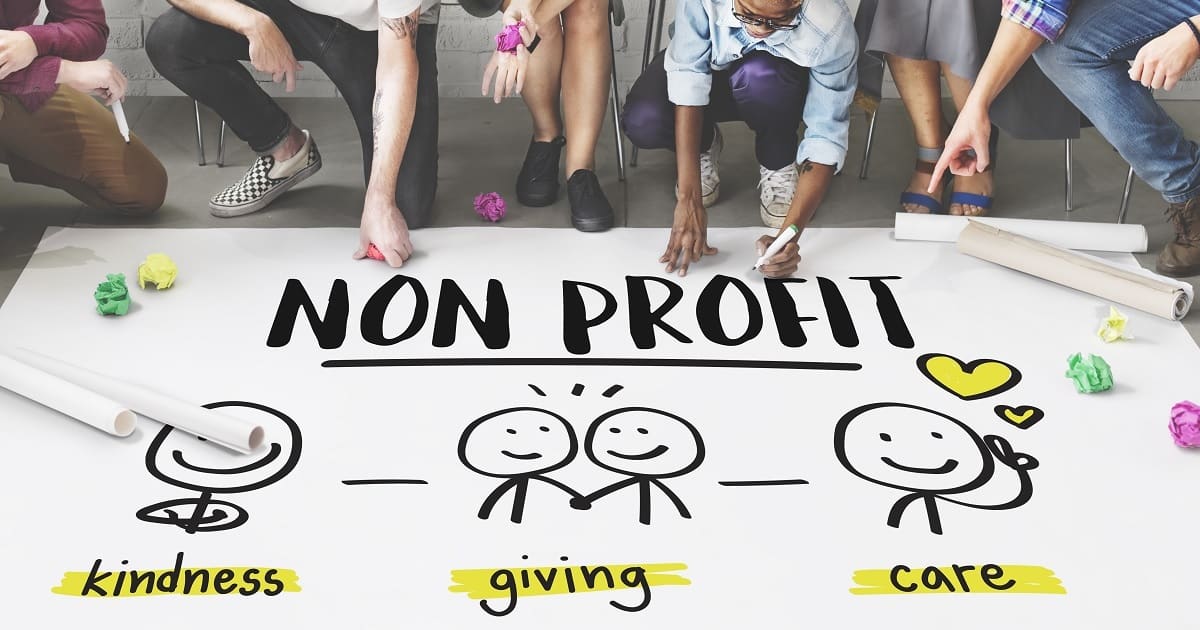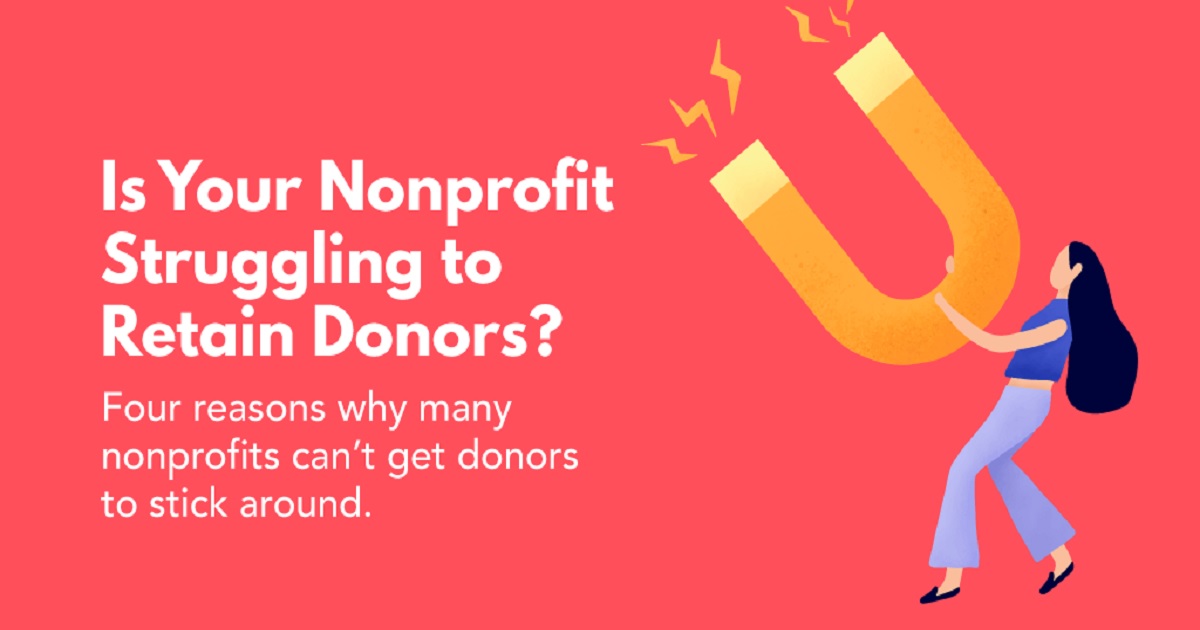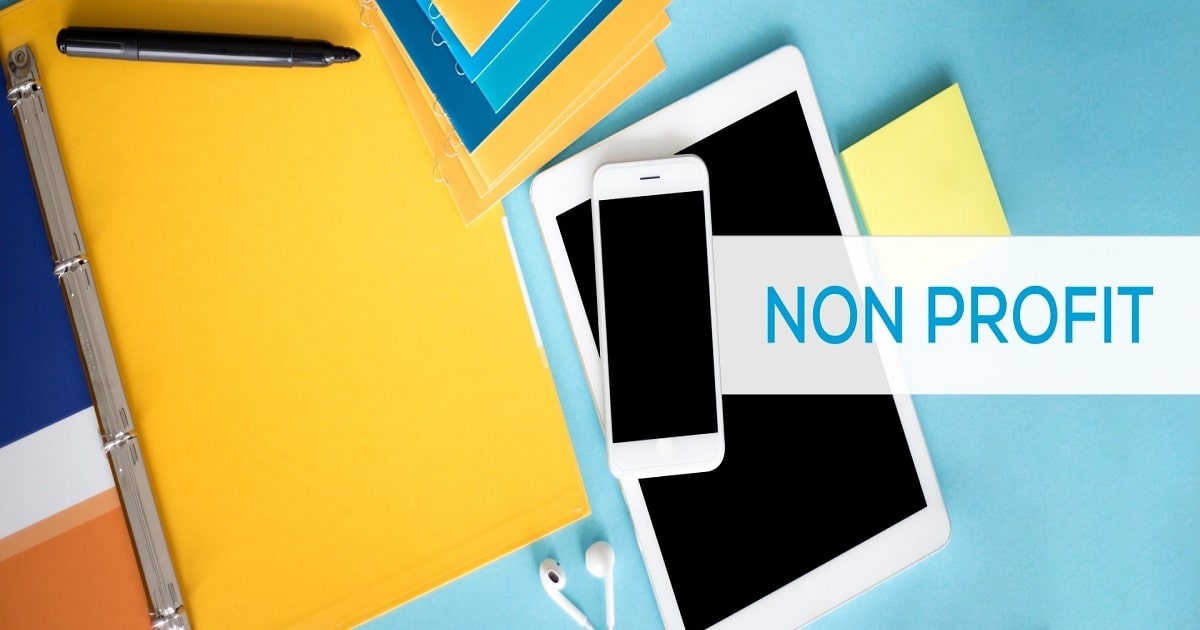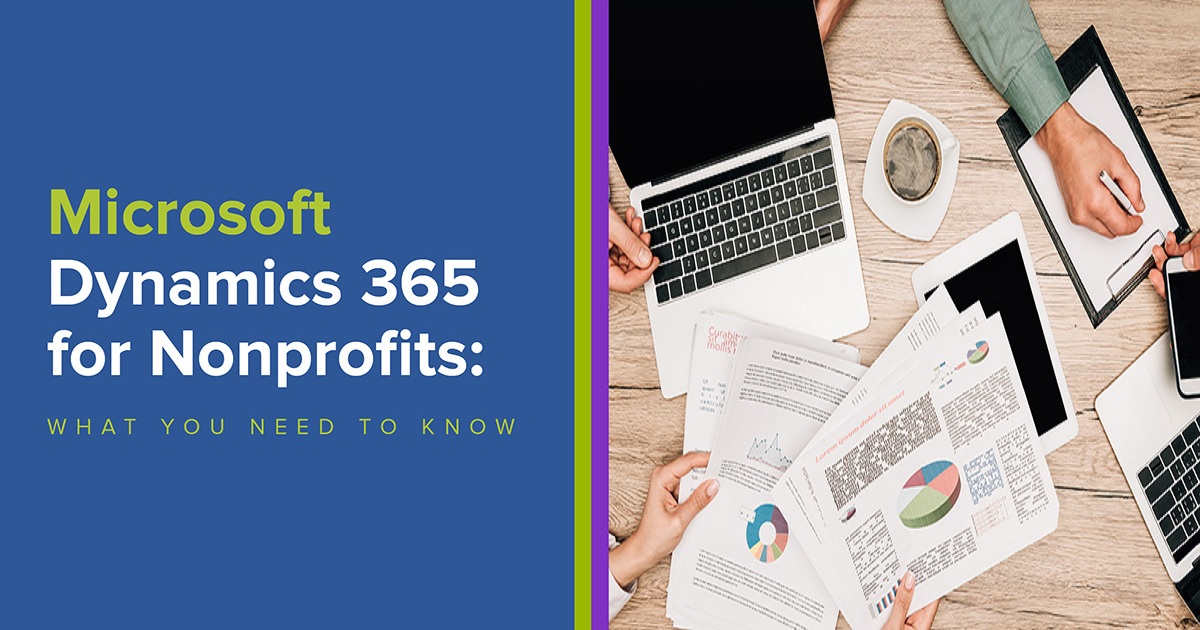
Fundraising
Article | July 15, 2022
It's not difficult to learn how to market your non-profit. Organizations can take a lot of simple steps to get in front of their target audience, inform the public, and win more people on board for their cause. These four stages will help kickstart marketing initiatives and put them on the right track to achieving their company's objectives.
The non-profit is missing out on critical chances if its only marketing efforts are to organize an annual benefit event and periodically update its website. For a non-profit to expand and remain active, consistent marketing is just as important as for 'for-profit' enterprises. Without public awareness, even the greatest charitable group will be unable to accomplish anything. To properly carry out its objective, a non-profit needs strong ties with funders, volunteers, the media, and even governmental bodies.
In order to retain relationships, attract regular donations, and keep an organization's activities in the public view, continual marketing initiatives are necessary. However, there are still stages that every employee can help with to establish a marketing plan, even if the non-profit doesn't have the funds for a professional marketing team.
Choose the Target Market
A non-profit must identify its target audience and the actions it wants them to adapt before it can take any steps to advertise its organization. Organizations can adjust their marketing initiatives to reach their target audience and motivate them to act once they are aware of who they are and where to find them. For example, they might find it helpful to look into firms that are comparable to their own to discover how they sell to the same demographic.
Set Measurable Objectives
Organizations can't determine whether their non-profit marketing is successful without knowing their goals. They are better equipped to assess what is working and what needs to change when they have quantifiable goals. After establishing their objectives, they should plan with their team how they'll gauge their success in achieving them.
Curate Marketing Materials
Marketing materials are necessary for non-profits whenever they engage with the public. These materials should be customized for their group, exhibit their achievements, offerings, and core principles, and provide information on how to get involved or donate.
Build a Database
Once the promotional strategies are ready, it's time to put them to use. But before they accomplish that, organizations must create a database of present and potential members. Organizations can use databases to categorize their audience into different groups depending on things like whether or not they've donated in the past, their economic level, or whether they prefer to be reached through email or physical mail.
While deploying these above-mentioned steps, non-profit organizations can effectively boost their marketing capabilities that would, in return, aid in achieving their organizational goals.
Read More

Nonprofit Management
Article | July 13, 2022
If you gather a group of nonprofit professionals and ask what their biggest fundraising challenges are, many will likely say they don’t retain enough of their donors. Are you one of them? Do you find yourself asking, “why is my nonprofit struggling to retain donors?” It’s no secret that long-term, repeat donors help you raise more money. And we know that the average donor retention rate for nonprofits hovers around 45 percent. But why has this number remained flat for years while nonprofits continue to focus on donor retention? We find there are a few key reasons why nonprofits struggle to retain donors. And you know that no two donors are the same and there is no one-size fits all approach to fundraising. But while the solution for each nonprofit may be different, many are struggling to retain donors for similar reasons.
Read More

Nonprofit Management
Article | July 20, 2022
Data is the new currency boosted by artificial intelligence and the pandemic — obviously impacting society in small and significant ways, such as with immense data collection. It's an asset that we all have (our information), and it's precious to governments, corporations and, yes, nonprofits. But not everyone is using data wisely (e.g., safeguarding it), and some are taking advantage of this opportunity.
As a result, data gets compromised and put at risk of being stolen or misused, including by nonprofits who haven't invested in cybersecurity. In short, we've reached a moment where the privacy lights are blinking red, and nonprofits must invest in cybersecurity. Protecting donor data is no longer just something nice to do. It's essential, and donors will move away (as well they should) from nonprofits that don't protect their information by having transparent and clear data policies.
To put this in perspective, think of companies like Facebook and Google. They know your full name, location, interests and more about you (and your donors) than you might think. These large corporations also know everything about what you do online: where you've been online and who you've chatted with (and when). Inevitably, nonprofits are getting on the data bandwagon to better target and predict how and when donors will give.
And while a growing number of tech companies provide fundraisers with much better insights and abilities to raise more money with the use of data, we need to ensure there's a balance. Moreover, nonprofit leaders must know what's involved in obtaining and securing donor data.
Data Is the New Gold
Data is a commodity for all organizations, from small businesses to Fortune 500 companies and nonprofits. About 97 zettabytes of data exist now, and by 2025, it will nearly double, which is astounding. And we're in a time when you have to use data information to grow and sustain your organization to compete and stay afloat. In other words, it's not an option.
However, it’s vital to internalize the message that data is the new gold in the digital era, and it needs to be protected. In other words, cybersecurity is critical. First, the world had the GDPR, which affected U.S.-based companies and nonprofits. Then California created a privacy law, Virginia, and recently Colorado, with other states following.
Protect Your Data From Corporate Invasion
We need to understand where and how it gets collected to protect everyone's data. In other words, nonprofit leaders don't get a pass on the fact they can't understand technology. No one's saying you have to learn how to code, but you do need to understand the implications of the data your organization collects. For instance, your marketing team probably has Google Analytics set up. As a leader, you need to understand what information gets collected because sooner or later, your donors will ask you.
You should understand if and how your web presence collects data, such as the location, operating system, browser type and more from those who visit your site. You should realize that nonprofits, and probably your own, use that information to cater ads and increase conversions on their sites.
For example, suppose a donor visited a New York City education nonprofit’s website last week, and now the same donor visits a nonprofit school in Boston. In this case, the one in Boston will know that visitor is highly interested in education since it’ll recognize the browser the visitor used. Even with the most basic tracking and data collection, the chances are that your organization collects this information by using something called "cookies," which store information on a computer or mobile device when someone browses certain websites.
Google has an advertising network where advertisers can place ads related to what Google thinks you're interested in — based on things like what websites a person visited or what YouTube videos they watched. Advertisers, including nonprofits, pay Google every time someone clicks on their ads. Google also uses cookies to track browsing habits to show these targeted ads across different devices (e.g., computers, tablets, phones). Although the use of cookies is evolving, the point is that donors know this. Do you?
Stop Corporations From Tracking You and Your Donors
If you want to keep data safe on the internet, it's vital to curb certain behaviors. First and foremost, realize that the information captured on social media and the engagement from your followers gets transmitted to Google and Facebook, for instance, which, in turn, sells all of it.
Second, think about the tools you're using online to engage with donors. For instance, do you want the Facebook Messenger service or chatbots communicating with your donors and collecting their data? It's essential to inform and obtain consent from your donors on how you collect and use their data and make them aware that things aren’t so simple with social platforms, for instance.
Use Services That Don't Collect Unnecessary Data
One way to safeguard nonprofit communication data is by using services that don't collect any information. For instance, instead of using SMS texts to communicate with your donors, how about using encrypted platforms, such as Signal? Be careful with WhatsApp, as Facebook owns that one. Sure, these services may be a bit more of an inconvenience, but they don't collect personal information, which donors will appreciate.
Beware of Free Services and Applications
In the digital age, nearly everything has a price. Platforms like Facebook and Google offer you a "free" service in exchange for information. As the saying goes, if you're not paying for it, then you and the data are the product. It means that when you use these services, they give your nonprofit data to advertisers — for a fee from which you do not benefit — to make money off of your donor data and information. Conversely, nonprofits need the data to reach and better interact with donors in the digital age. Therefore, it's a careful balancing act of not taking data for granted and being mindful of the services you use and why.
Data as a Premium Commodity
Data is undeniably a more sought-after commodity. In fact, it’s now a highly precious and premium commodity. Companies currently spend billions of dollars on data mining and analysis. This happens by using "data brokers" that collect information from public records, surveys, and other databases and then combine them to create detailed reports about people's lives.
However, nonprofits should realize the ethical difficulty they face and work with vendors and providers emphasizing ethics and security. Moreover, nonprofits can't stick their collective heads in the sand, and speak honestly and openly with donors about their data. In sum, we need to take data protection seriously: to protect ourselves and donors from abuse, extortion or identity theft!
Read More

Article | April 15, 2020
Microsoft Dynamics 365 for Nonprofits is a name you're likely to hear very frequently in the nonprofit tech space over the next several years. As Microsoft's own cloud-based CRM platform, Dynamics for Nonprofits offers a new technology option for organizations of all sizes. If you're already using a range of Microsoft products (or have heard of Microsoft's generous Tech for Social Impact initiative) but haven't yet heard of Dynamics, you're definitely going to want to have it on your radar.
Read More